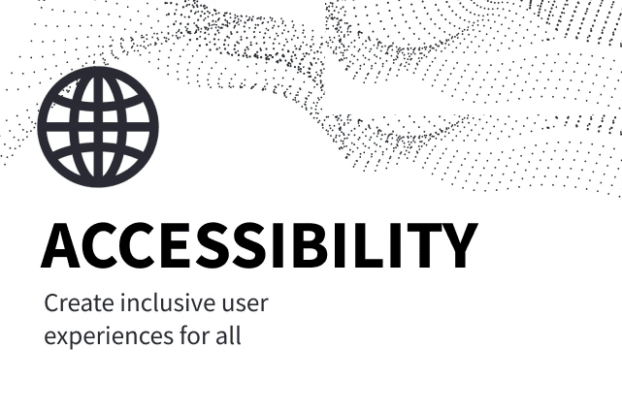Excerpt from the white paper
“Building Ethical & Accessible AI Solutions – Developing Equitable Solutions for the 4th Industrial Revolution” – by Tiffani Martin
Artificial intelligence (AI) has become an integral part of modern society, influencing various aspects of daily life and business operations. However, the benefits of AI are not universally accessible, particularly for persons with disabilities. According to the World Health Organization (WHO), over 1 billion people, or approximately 15% of the world’s population, experience some form of disability. Ensuring that AI technologies are inclusive and ethical is crucial for creating a fair and just society. The aim and goal is to address the importance of making AI accessible and the ethical considerations that must guide this endeavor.
Current State of AI and Accessibility
AI technologies offer tremendous potential to enhance the lives of persons with disabilities. Tools like screen readers, voice assistants, and automated transcription services have already made significant strides. However, numerous challenges remain, including limited access to advanced AI tools, biases in AI algorithms, and a lack of diverse datasets that accurately represent people with disabilities.
A study by WebAIM in 2024 found that 96.8% of the top 1 million homepages had detectable WCAG 2.0 failures, indicating widespread issues with digital accessibility. While this represents a slight improvement from the 98.1% reported in 2023, it still highlights the urgent need for improving AI-driven accessibility tools and ensuring compliance with established standards.
Ethical Considerations in AI Development
AI ethics revolve around principles of fairness, transparency, and accountability. In the context of accessibility, these principles ensure that AI systems do not discriminate against individuals with disabilities and that their functionalities are transparent and accountable.
- Fairness: AI systems must be designed to avoid biases that could disadvantage persons with disabilities. Research from the AI Now Institute in 2023, which remains relevant in 2024, found that biased AI systems disproportionately affect marginalized groups, including persons with disabilities. AI founder, Erin Reddick, developed a culturally sensitive learning model called Chatblack GPT that is trained with robust datasets centralized around people and communities of color. This allows the end user to receive culturally relevant outputs that otherwise would not likely be produced in other language models.
- Transparency: AI processes and decisions should be understandable and explainable to users.
- Accountability: Developers must be responsible for the impact of their AI systems, particularly on vulnerable populations.
As AI technologies become increasingly integral to society, ensuring these advancements are ethical and accessible is paramount. It is the intent that government policymakers, potential corporate partners, and academic institutions, all of whom play a crucial role in creating an inclusive and ethical AI landscape, partner with VisioTech to support and develop viable, sustainable solutions.
Stay connected and up to date on the release of the full white paper in the coming weeks!
